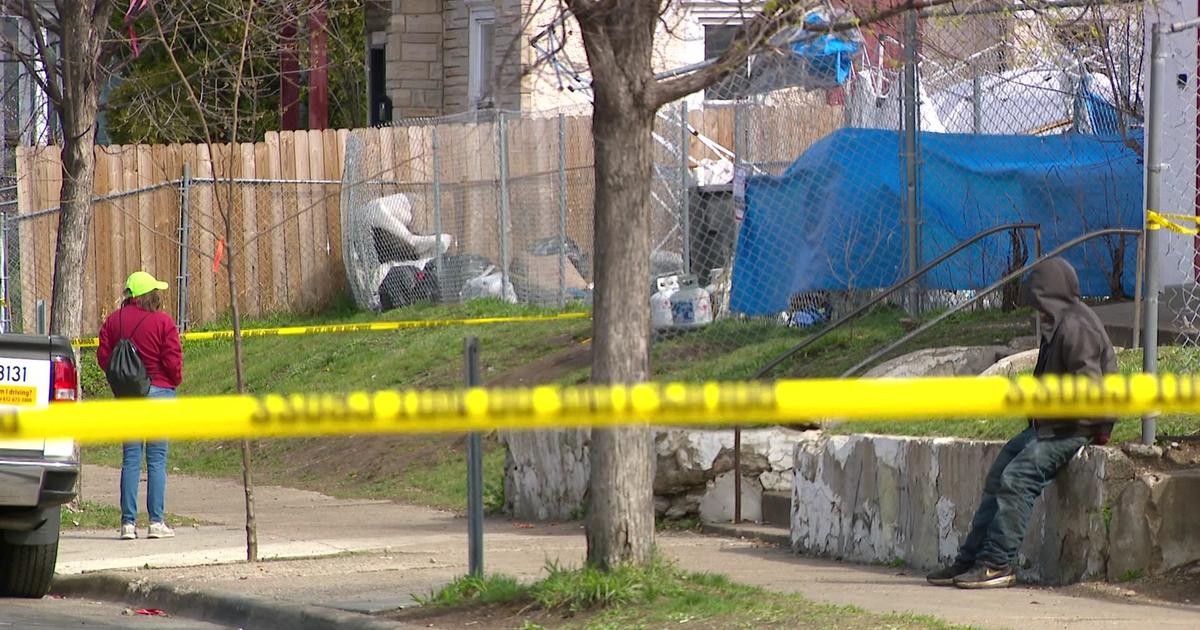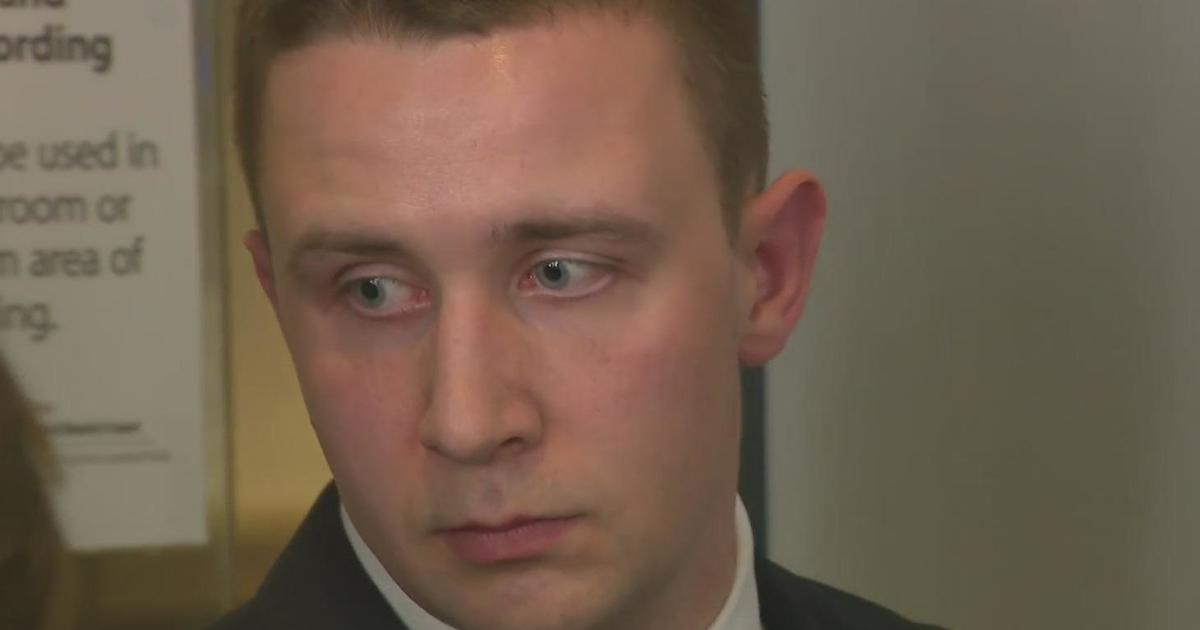Second Fight Over Union Rights Comes To Wisconsin
MADISON, Wis. (AP) — The fight over union rights returns to Wisconsin this week, four years after a debate that sparked massive protests and catapulted Gov. Scott Walker onto the national political stage, setting up his likely presidential run.
In 2011, the battle was over Walker's plan to curtail collective bargaining for public workers. This time, the focus is on private-sector workers and it's the Republican Legislature taking the lead, planning to act within days on a measure that would make Wisconsin the 25th right-to-work state.
Right-to-work laws prohibit unions from reaching labor deals with businesses that require private-sector workers to pay fees to the union. Proponents, including the state chamber of commerce, see it as a way to help the economy, spur business and give workers more freedom to choose whether they want to pay union dues.
Opponents say the proposed change is just another way for Republicans to cripple unions, which generally back Democrats. They say making Wisconsin a right-to-work state would hurt workers, reduce their pay and divide the state — much like the debate in 2011 that led to efforts to recall 15 elected officials, including Walker.
While the debate over what came to be known as Act 10 four years ago sparked huge protests that tens of thousands of public workers and their supporters, it wasn't immediately clear if the right-to-work bill would provoke a similar response from private-sector construction workers, pipe fitters and electricians.
There were early signs that the response may be more muted.
"I don't know what banging on a plastic bucket and blowing on a horn will do," Terry McGowan, the business manager for Operating Engineers Local 139, told the Milwaukee Journal Sentinel on Friday. His union represents about 9,100 heavy equipment operators.
The fear of a massive public backlash motivated the Republican strategy for acting quickly on the bill, giving little notice.
Republican Senate Majority Leader Scott Fitzgerald, in announcing the plans Friday, said he wanted to move fast after he got 17 Republican votes locked down because he was afraid unions were preparing television ads targeting senators to pressure them to change their positions.
"I lay awake at night losing sleep over that all the time," he said.
A public hearing was scheduled for Tuesday before the Senate Labor Committee with debate beginning Wednesday in the Senate. The Assembly was to vote on it the week of March 2.
"I just have my fingers crossed that this isn't going to turn into something that was similar to Act 10," Fitzgerald said of the possible public response.
Walker has used the protests over Act 10 to his political advantage as he takes steps toward a presidential run, telling the story to audiences outside of Wisconsin about how he overcame the uproar and passed the bill.
He became a champion for conservatives for not backing down, a reputation that was only bolstered by his recall victory — the first governor to survive such an effort in U.S. history.
Walker was an early supporter of right to work — sponsoring a bill as a state Assembly member in 1993 — but he said during his re-election campaign last year that it wasn't a priority and he didn't want it to come up this session.
But on Friday, when Fitzgerald made the surprise announcement that the debate was coming this week, Walker said he would sign the bill.
His approach mirrors that taken by Michigan Gov. Rick Snyder in 2012, said Paul Secunda, labor law professor and program coordinator for Marquette Law School's Labor and Employment Law Program in Milwaukee.
"Walker pulled a Snyder. Don't want it, don't want it. Oops! It's on my desk," Secunda said.
After repeatedly insisting during his first two years in office that right-to-work was not on his agenda, Snyder reversed course in December 2012, signing it the day it passed.
Wisconsin appears to be headed down a similar track. The bill will take effect as soon as Walker signs it.
(© Copyright 2015 The Associated Press. All Rights Reserved. This material may not be published, broadcast, rewritten or redistributed.)



